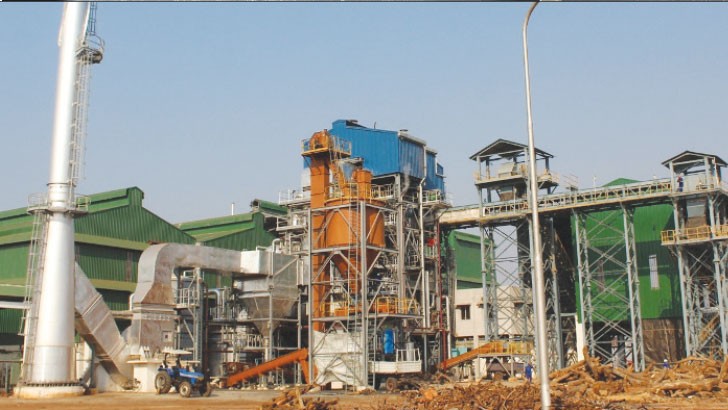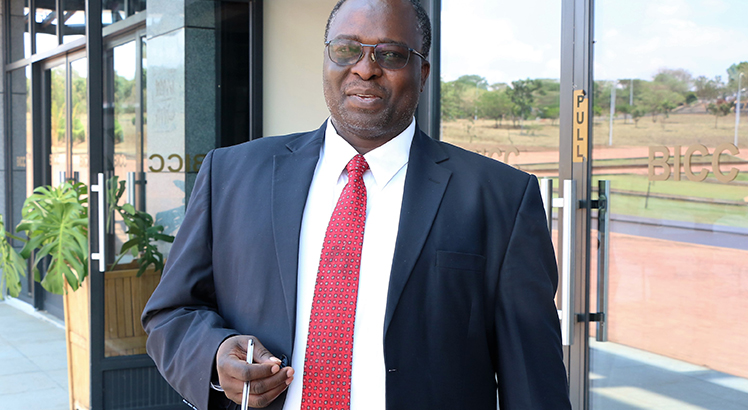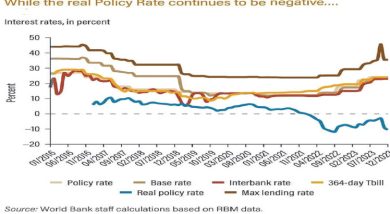More questions on sugar firm
Barely weeks after a forensic audit revealed massive fraud at Salima Sugar Company Limited, Ministry of Finance and Economic Affairs has launched an investigation to establish how Indian investors were roped into the partnership.
In a written response to a questionnaire, Secretary to the Treasury MacDonald Mafuta Mwale yesterday confirmed the new probe, but said he cannot make further comments now.

“We are doing investigations and we cannot appear to be in the newspaper all over,” he said.
Mafuta Mwale said the information being sought is from way back, as such, may not be easy to find; hence, the probe.
But a source familiar with the investigation confided that what is of interest to the Malawi Government is to understand if processes were followed to recruit the investor and also identify public officers who made the decision to settle for Aum Sugar and Allied Limited.
The source said in 2014, after the Democratic Progressive Party (DPP) assumed power, the Ministry of Finance directed Greenbelt Initiative Holdings to go on an investor scouting mission.

The team, according to our source, included officials from Ministry of Finance’s Debt and Aid Section and the Office of the President and Cabinet who visited India and South Africa.
“Five companies were identified with a South African emerging as the top [TSB-Transvaal Sugar Board], but despite technocrats vouching for these firms, there was more pressure to settle for Aum Sugar and Allied Limited even when other capable Indian firms were also identified,” said the source.
The new probe comes a week after Green Belt Authority (GBA) terminated a shareholding agreement with Aum Sugar and Allied Limited for alleged failure to pay their contribution and also on grounds of financial mismanagement.
A forensic audit report revealed massive abuse of funds at Salima Sugar, a public-private partnership (PPP) between the Malawi Government and the Indian firm. Aum Sugar has a 60 percent stake while Malawi Government holds 40 percent.
In an interview at the weekend, GBA chief executive officer Eric Chidzungu said they cannot find the evaluation report or any information regarding the decision to pick this investor for the partnership.
He said: “No information on that. We have checked the cabinet, there is nothing. The problem is that handovers were not done; hence, it is difficult to find the records.”
But Chidzungu promised to keep checking for this information from their archives.
Attorney General Thabo Chakaka Nyirenda also said his office does not have the information and suggested that the investor was handpicked against the law which calls for competitive bidding.
He said: “Under our laws, there ought to have been an advert. They were merely handpicked contrary to the law.”
During a recent press conference following release of the forensic audit findings, Chakaka Nyirenda said those who have mismanaged funds at Salima Sugar Company will face the full weight of the law.
Commenting on the matter Centre for Social Accountability executive director Willy Kambwandira said there is indeed need to get to the bottom of the issue and pin down officials who identified this firm and hold them accountable.
“It is becoming clear that we could have done better in identifying the investor. All this reported fraud burdens taxpayers,” he said.
In a statement announcing termination of the shareholding deal, the Malawi Government said valuation conducted to verify the equity contributions of both parties shows that Aum Sugar and Allied Limited stake is now equivalent to 12 percent.
The audit revealed that $35 million (about K60 billion) that was invested in the venture could not be accounted for.
Following the constitution of Greenbelt Initiative, the Malawi Government established Salima Sugar Company, but due to lack of the requisite technical know-how to operate the sugar processing plant, it sought the JV partner to operate and manage the project in Salima on a PPP arrangement.





